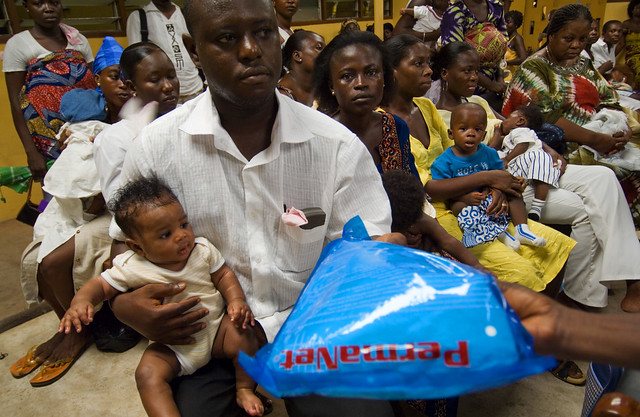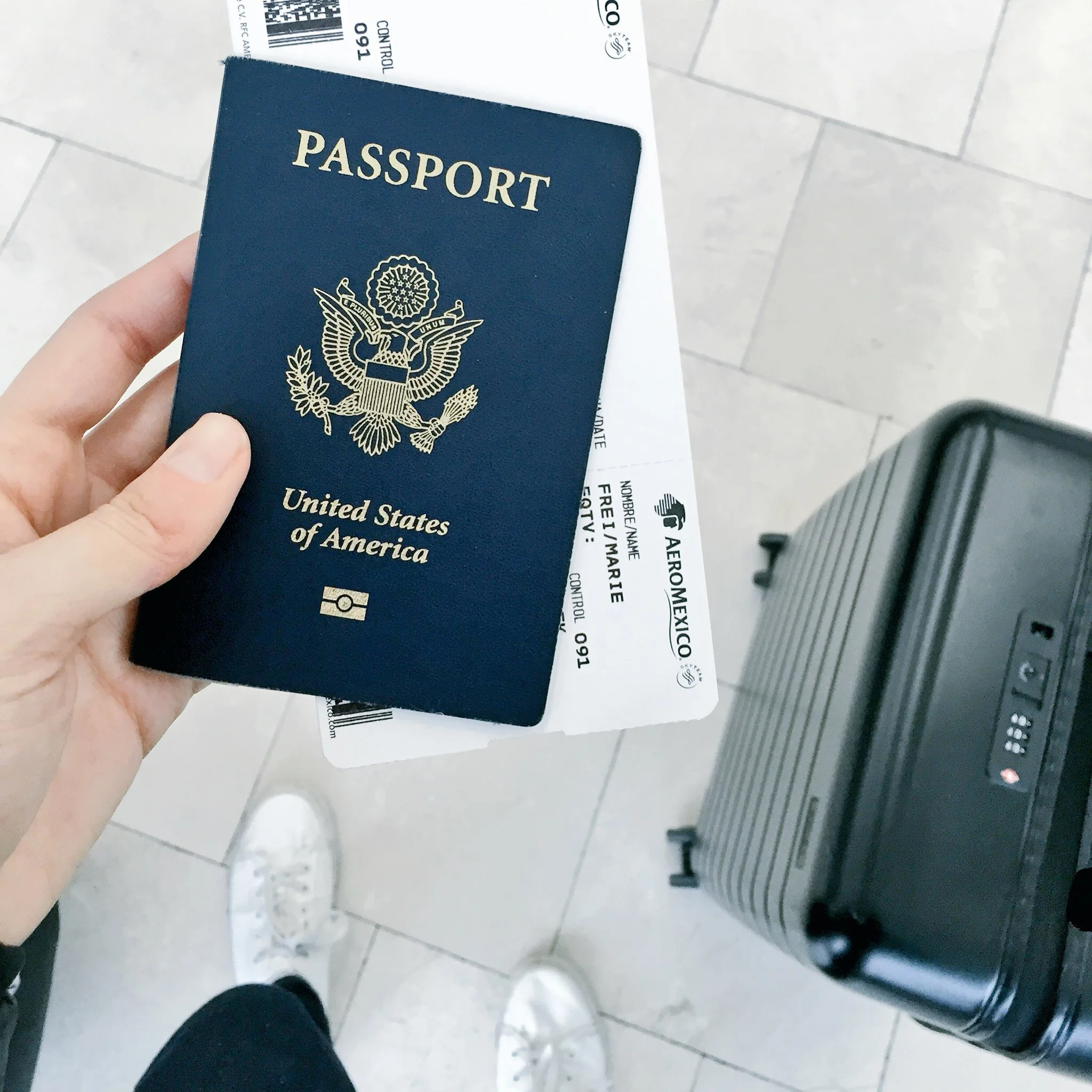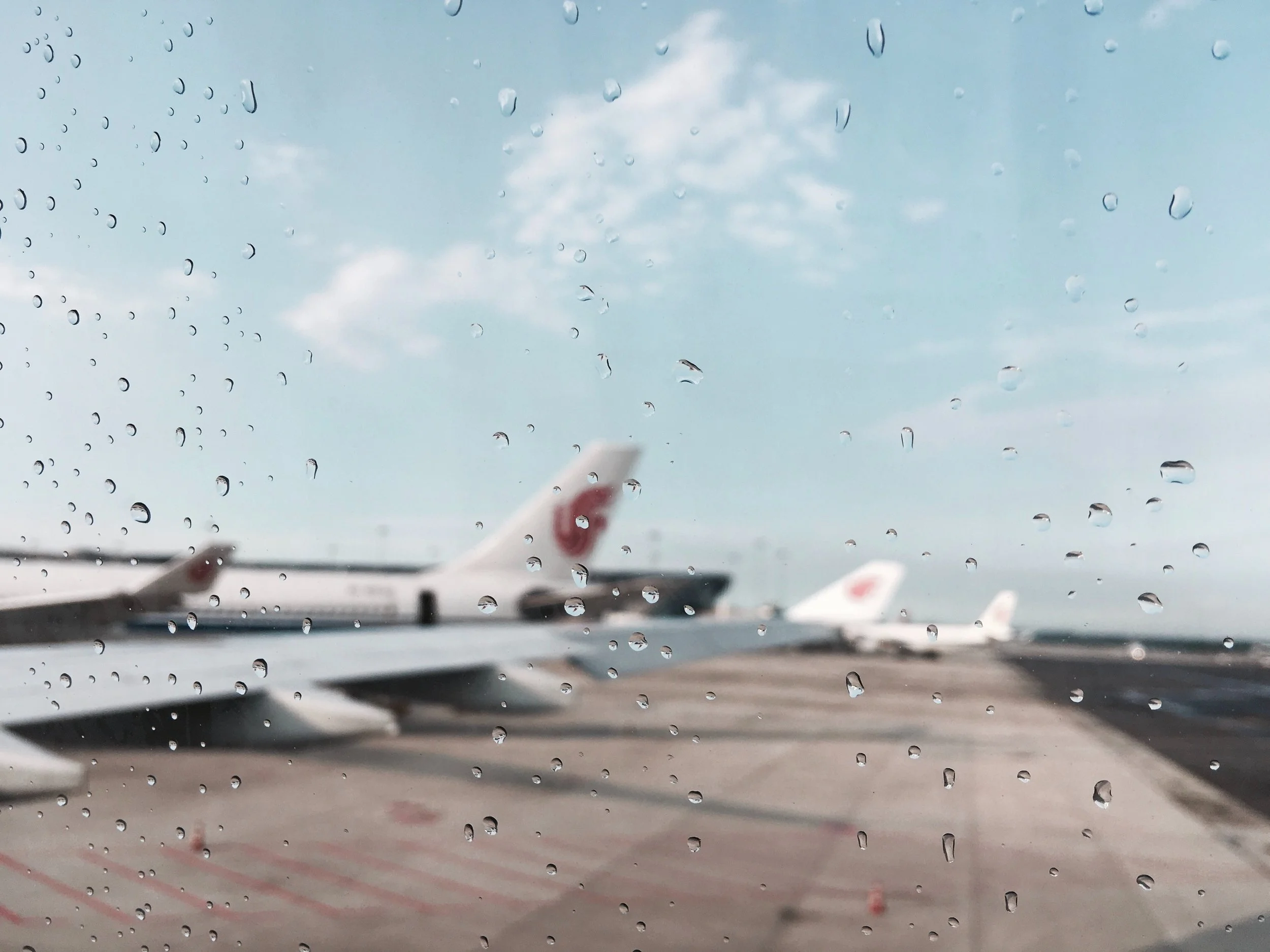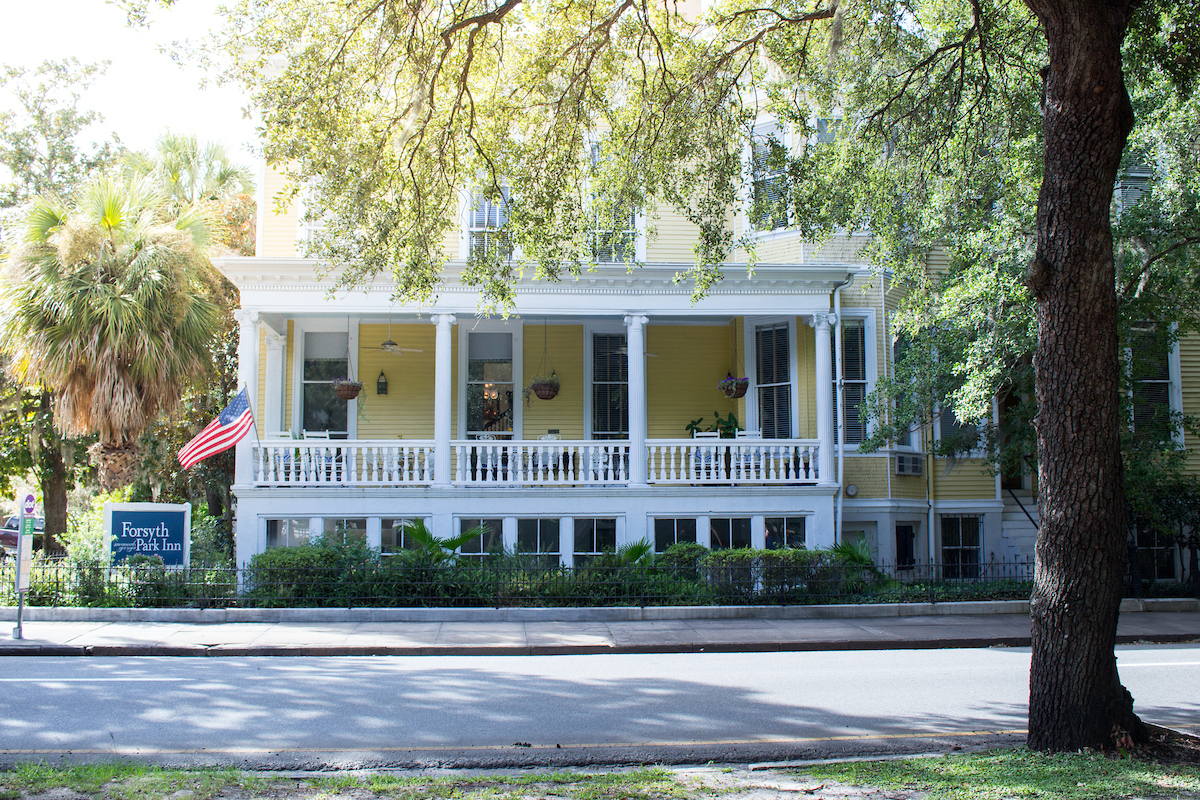Causes to Care About: Malaria
/Over the last few years, I’ve traveled through several malarial regions in East and Southern Africa. Speaking as someone who always seems to be the one the mozzie in the room prefers to feast on, I recommend studying up on this life-threatening, infectious disease before departing on any trip to a malarial region. Malaria is caused by a parasite, transmitted by the bite of an infected female Anopheles mosquito. The most severe form, cerebral malaria, can be fatal if not recognized within 24 hours.
Travel Advice
- High risk areas include locations like swamps and riverbanks. You'll want to be extra careful when traveling during hot summer months.
- Malaria carrying mozzies bite at night, so cover up your arms and legs as much as possible with light colored clothes. If possible, remain indoors between dusk and dawn. Use bug repellant on exposed areas like ankles and wrists. I'm normally an advocate for natural and non-toxic products, but in this case, I loosen my standards and buy what I know will work to prevent them from biting.
- In rooms, overhead fans and air conditioners help move the air, while mosquito nets prevent them from making contact with your skin. When camping, always keep your tent zipped shut to prevent any bugs from entering.
- See your doctor or travel clinic for options on malarial prophylactics. There are several options, and they range significantly in price. I’ve taken doxycycline twice without any major issues, but it caused my skin to be more sensitive to the sun than usual. It also led to some very vivid/bizarre dreams at night, which is more amusing than harmful. Doxy is usually the cheapest option, but probably requires taking pills the longest duration.
- If you choose to take an anti-malarial, follow the full treatment. When you arrive back home and think you don't need to take the pills anymore, don't quit. Symptoms can develop 10-14 days after a bite but can take longer to develop if anti-malarials were used.
*Disclaimer: I'm not a physician, so my advice is not a replacement for checking with your doctor or a travel clinic before you travel.
Malaria Symptoms
How do you know you’ve got malaria? Well, you feel like you’re getting the flu – moments of chills and fever, high fever, pain and aches in joins, headache, and delirium. If you’ve been within a malarial region within the last 6 months and feel these symptoms, it’s a good idea to go to your doctor and get a blood test. This is the only way to determine if you have malaria.

Ending the Epidemic
There are many organizations, including United Against Malaria, Roll Back Malaria, the International Research Institute for Climate and Society, and the Bill & Melinda Gates Foundation, working tirelessly on research and providing aid to regions with residents regularly exposed to malaria.
Along with working on a possible early warning system, some of these groups provide the prevention tools people need (such as mosquito repellant bed nets). Researchers are also working to find possible cures.
Despite the estimated 207 million cases of malaria in 2012, there is some positive news to report. The World Health Organization's (WHO) 2013 World Malaria Report states, "Global efforts to control and eliminate malaria have saved an estimated 3.3 million lives since 2000, reducing malaria mortality rates by 45% globally and by 49% in Africa." Hopefully we can meet the WHO goal of halting deaths due to malaria by 2015.
Photo credits: Gates Foundation, World Bank Photo Collection.









































